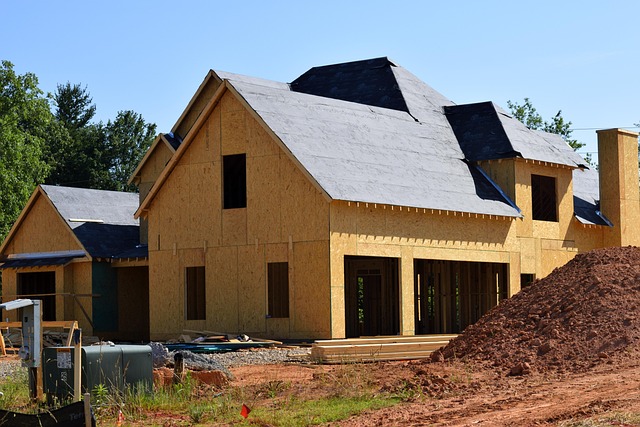
When people think of a home inspection, they often picture it happening right before the final purchase—after the walls are painted and the landscaping is finished. But some of the most valuable insight a home inspector can provide comes long before the last nail is driven. By inviting your inspector into the process while your home is still being built, you’re not just buying peace of mind—you’re investing in a better-built home from the ground up.
Seeing What Will Soon Be Hidden
During construction, there’s a brief window when everything is visible—framing, wiring, plumbing runs, insulation, and structural connections. Once the drywall goes up, these systems are concealed, and any flaws or oversights become harder and more expensive to address. Having your inspector on site during these stages means potential issues can be spotted while they’re still easy to correct, saving both time and money.
Verifying That Plans Meet Reality
Blueprints may look perfect, but the execution doesn’t always match the page. A mid-build inspection can confirm that framing follows design specifications, load-bearing supports are properly placed, and systems are installed according to safety standards. This isn’t about pointing fingers—it’s about making sure the finished product is as safe, efficient, and durable as you expect it to be.
Catching Small Issues Before They Become Big Problems
Construction crews work to schedule, and sometimes the pressure to keep moving means small mistakes go unnoticed. Maybe a flashing detail is incomplete, or a vent line is routed incorrectly. Left unchecked, these can lead to leaks, inefficiency, or costly repairs down the road. An inspector’s trained eye can catch these early, when fixing them is far simpler than after the home is finished.
Partnering With Your Builder, Not Against Them
Some homeowners worry that bringing in an inspector during construction might create tension with the builder. In reality, most reputable builders appreciate the extra layer of quality control. When everyone is focused on producing a solid, well-crafted home, an inspector’s involvement becomes a shared resource rather than an obstacle. The process works best when there’s open communication and a shared goal: building it right the first time.
A Stronger Foundation for Your Future
Your home is likely one of the largest investments you’ll make. Including your inspector in the building process doesn’t just protect that investment—it also builds your confidence in the home you’ll be living in for years to come. Instead of wondering what’s behind the walls, you’ll know, because you had someone there who looked closely before they were sealed.
In short, bringing your home inspector into the construction phase isn’t an added step—it’s a smart strategy. It ensures the craftsmanship, safety, and value of your home are as strong as the foundation it’s built on.
